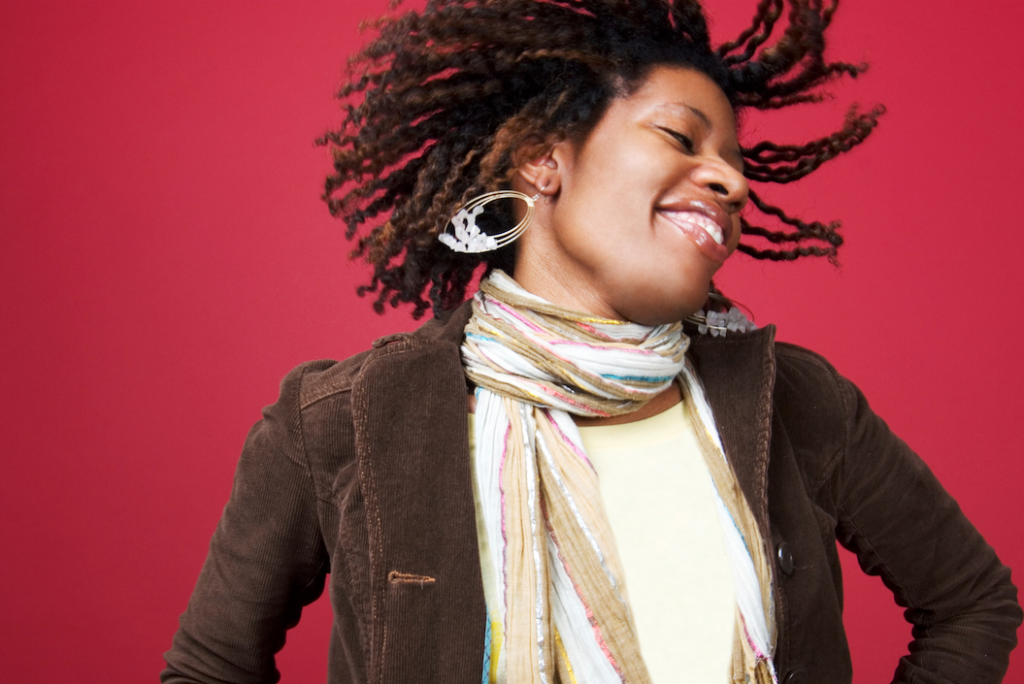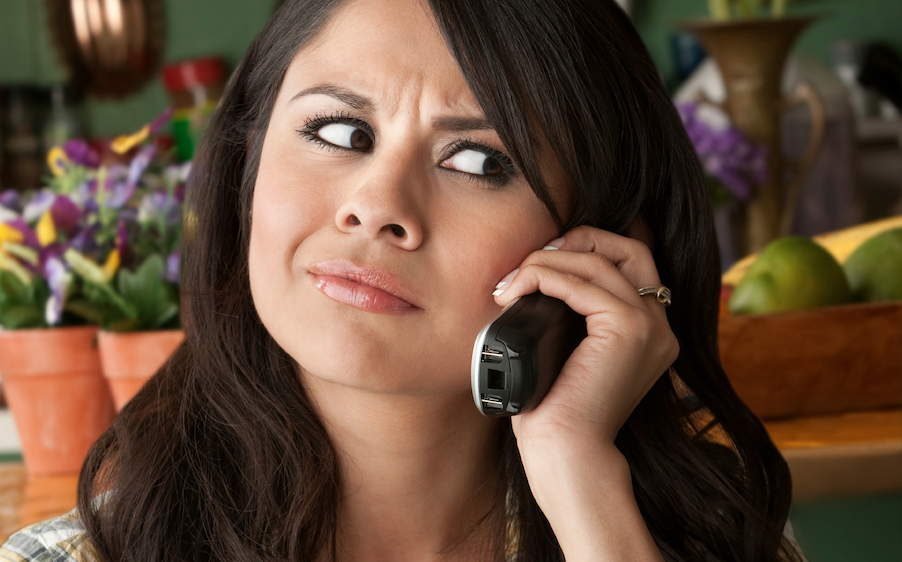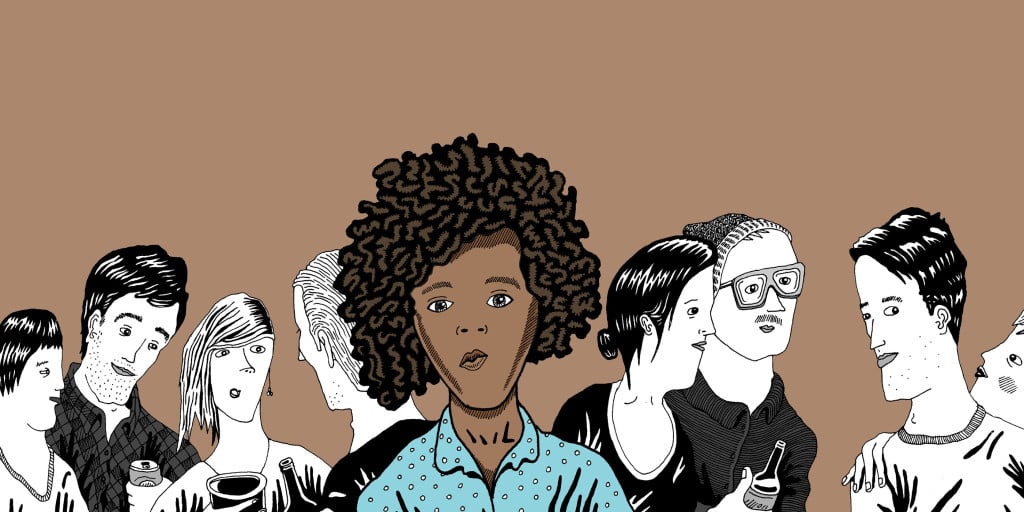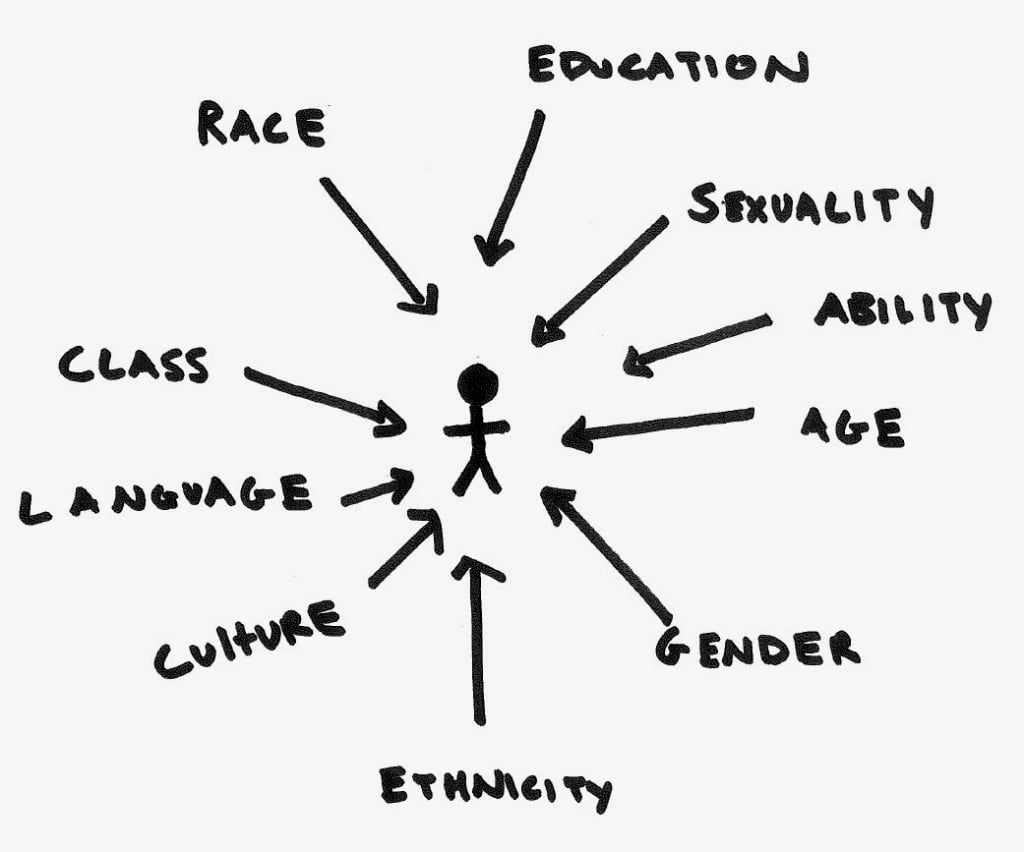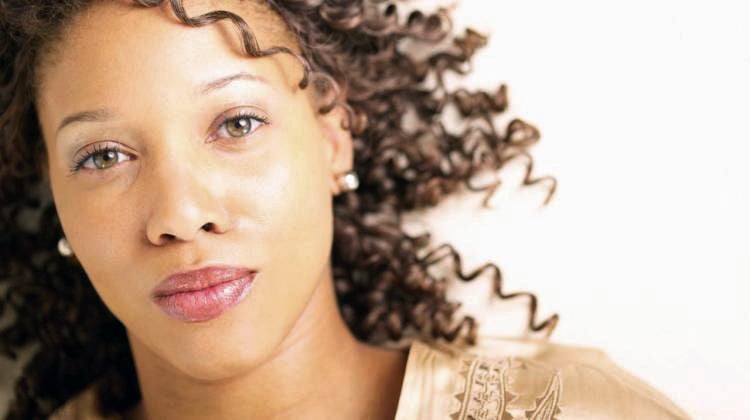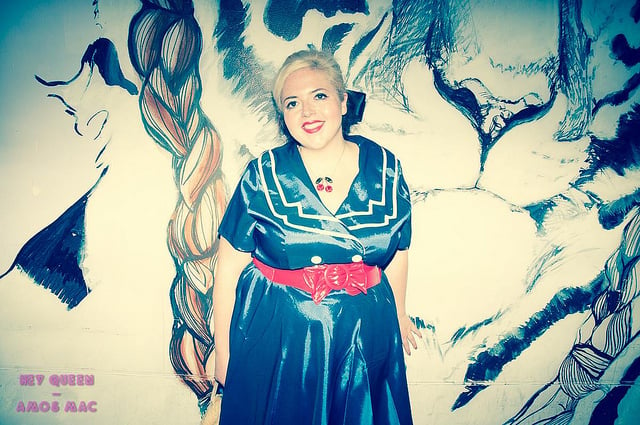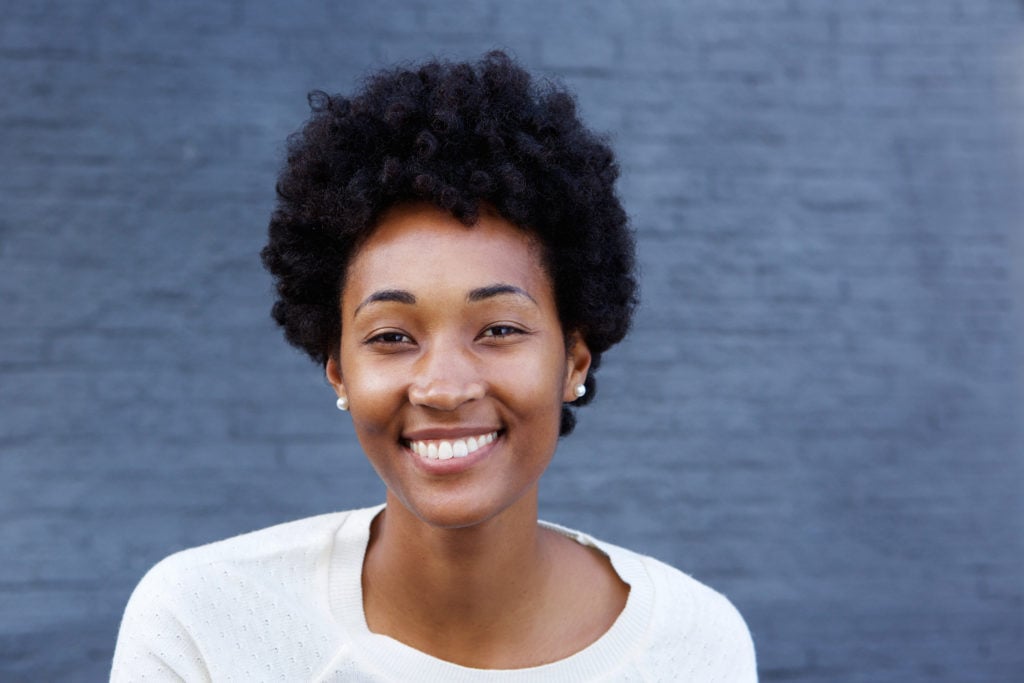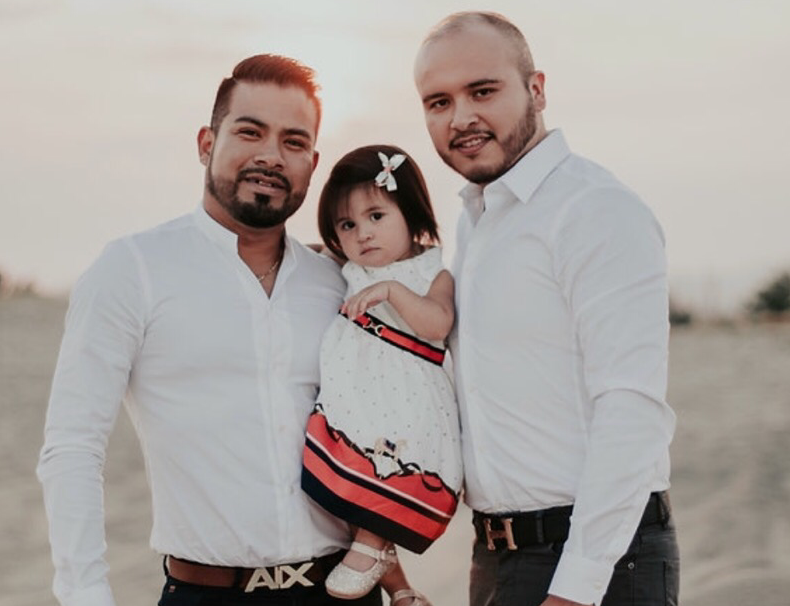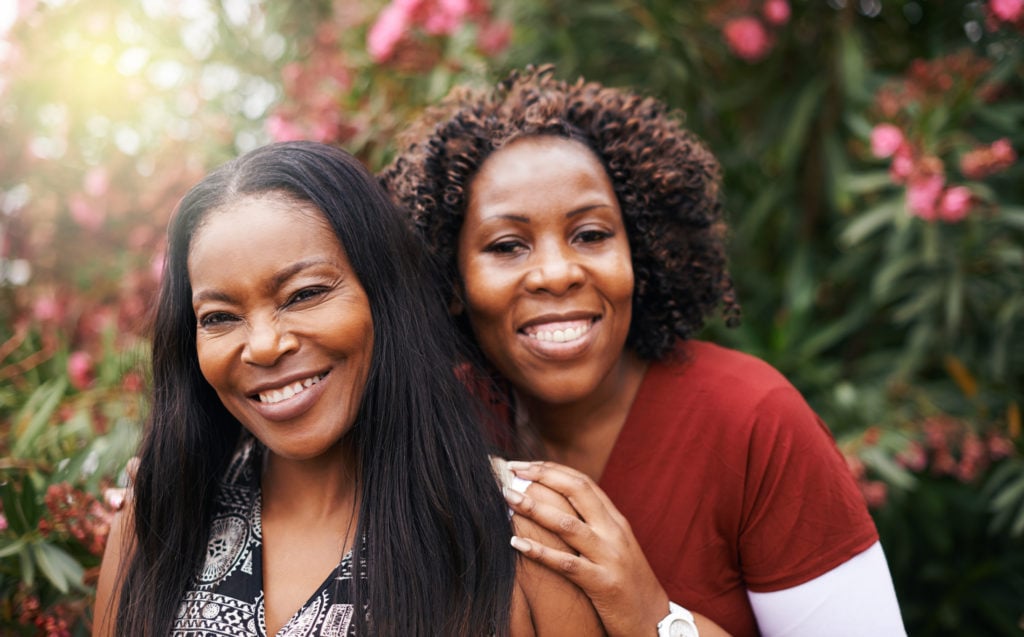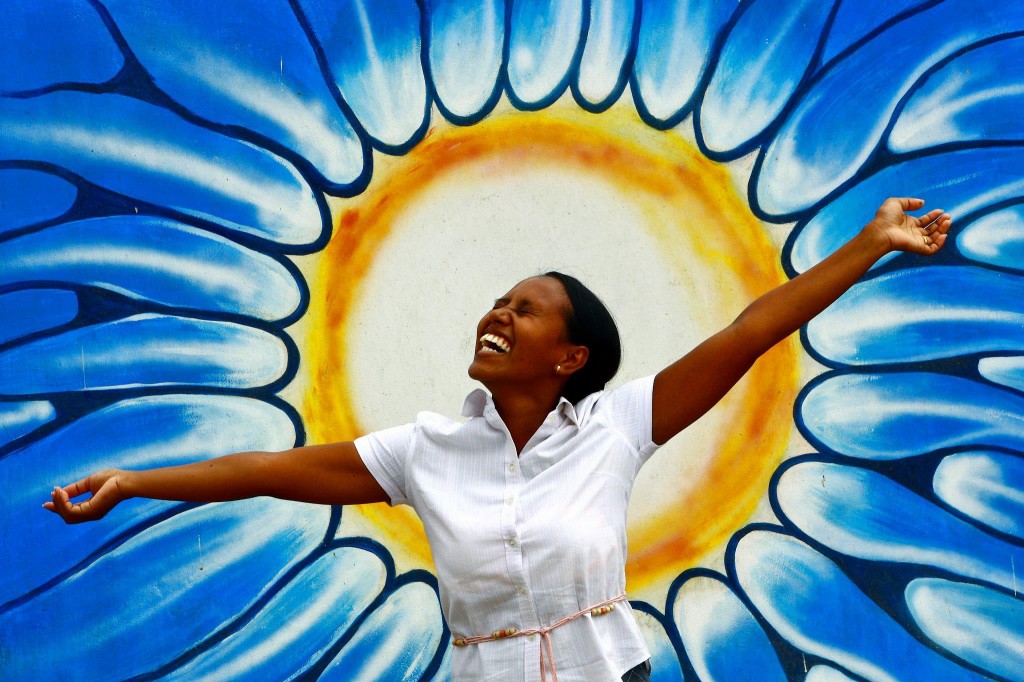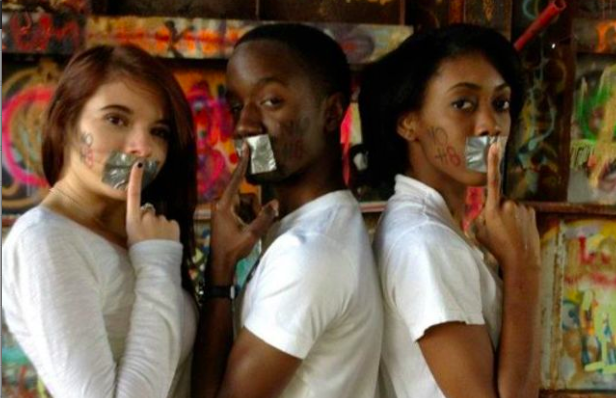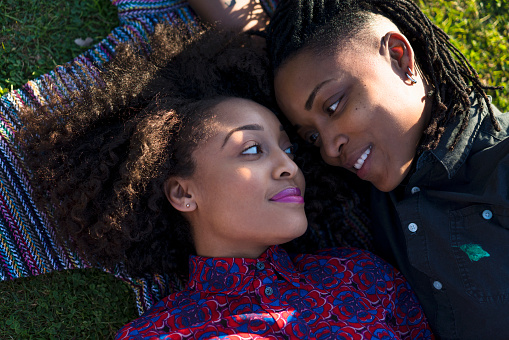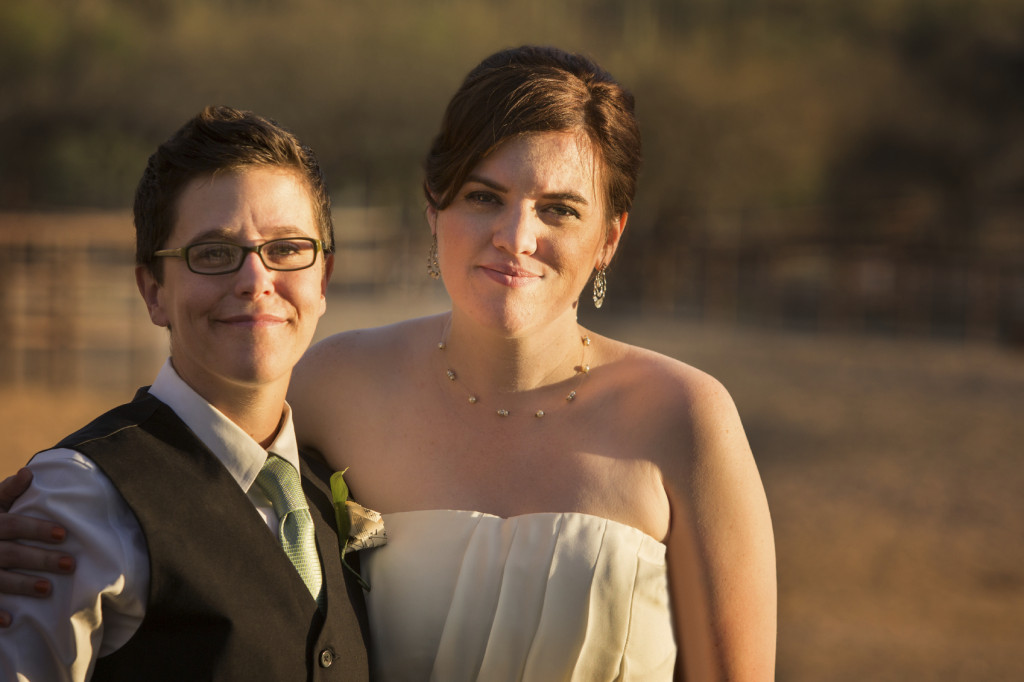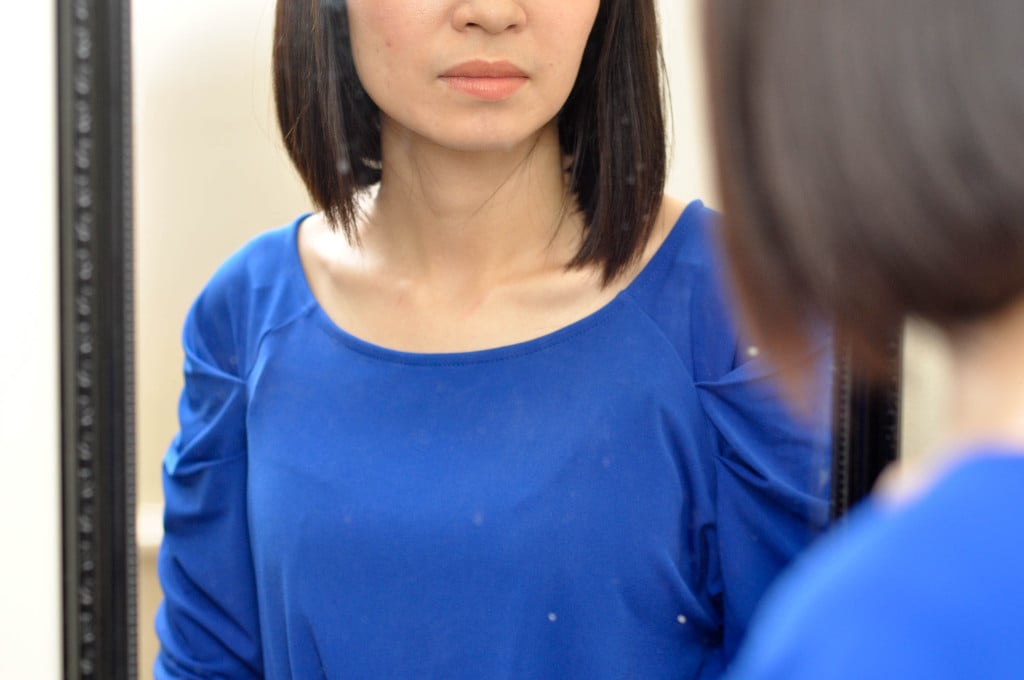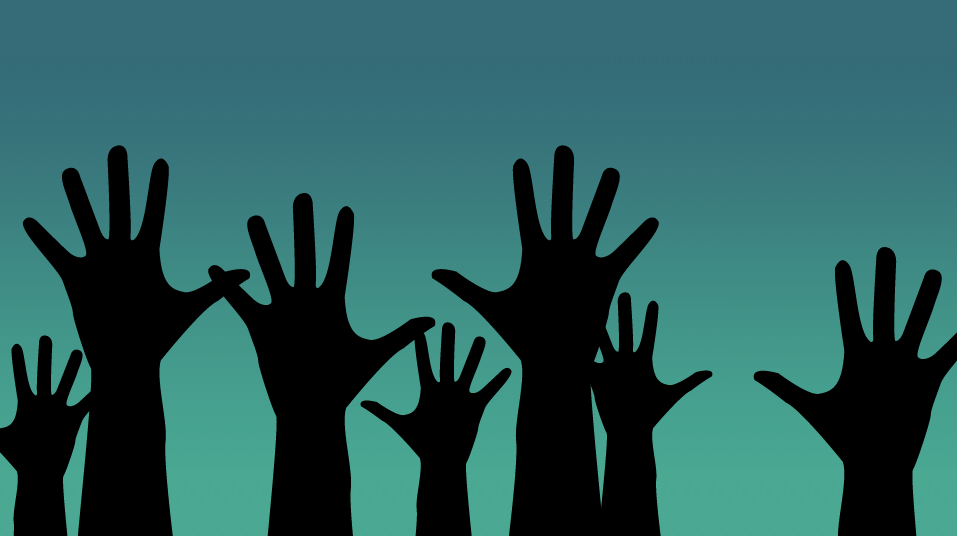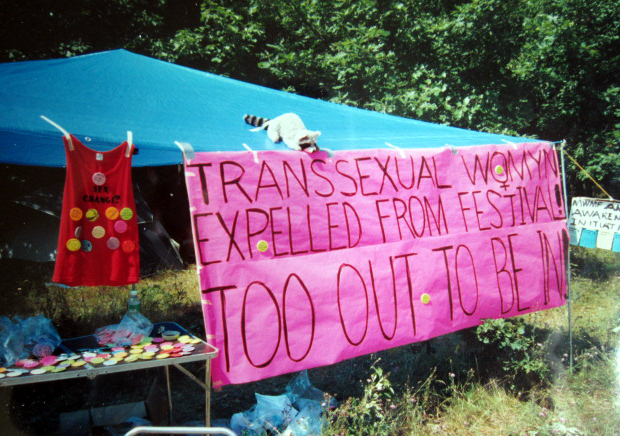Search results for: queer masculinity
What the Wedding Industrial Complex Is – And How It’s Hurting Our Ideas of Love
Ever thought about how many people’s jobs depend on the pressure to get married? The wedding industry may seem harmless, but it’s feeding us some toxic ideas.
Read MoreBeing Black and Bisexual Comes with Extra Obstacles – But They Can Also Be Overcome
Is it possible to recognize, reconcile, and rejoice your bisexuality as a black woman, amidst all the forces working against you? This author says yes.
Read More5 Questions Feminists Are Tired of Being Asked (And Some Alternative Approaches to Asking Them)
Spread the word if you’re as tired of these as we are! What other questions are you fed up with?
Read MoreIf We Divide, We Don’t Conquer: 3 Reasons Why Feminists Need to Talk About Race
Believing that feminism should address only sexism, some feminists are hesitant to include working to end racism when working to end patriarchy. But if we want to end sexism and support all women, we absolutely must include anti-racism work into our feminism. If you’ve ever wondered what racial justice conversations have to do with feminism, here are your answers.
Read More5 Ways Marginalized People Can Recognize Their Privileges In Other Areas
Privilege and oppression simultaneously impact our lives in a number of intersectional ways. If we solely focus on our marginalized identities, we give up the opportunity to recognize and interrupt the ways our privileges cause harm to the people we care about. If you’re struggling with recognizing your privilege as a marginalized person, this might serve as a helpful guide.
Read MorePansexuality 101: It’s More Than ‘Just Another Letter’
For some, the LGBPTQIA+ acronym can be intimidating in its all-inclusivity – “How am I supposed to memorize every identity in this nebula, and learn to respect them in my everyday life as well?” Worry not, kind feminist! Getting to know the basics will help to ease this overwhelmed feeling. Let’s explore one specific identity in this acronym today – pansexuality.
Read MoreHow to Be a Good Ally to Fat People Who Appear to Have Lost Weight
“I mean it as a compliment when I notice you’ve lost weight!” Okay. But just because you’re well-intentioned doesn’t mean what you say doesn’t have a harmful impact. I know your perception of me might have changed because you’re socialized to believe smaller is better, but there are better ways to behave when you notice someone has lost weight.
Read MoreThis Touching Note to Self Can Inspire You to Face Your Insecurities
This poet’s moving note to self can remind you that you have nothing to be ashamed of, and your body needs your voice.
Read MoreWhy We Must Protect Sex Workers At All Costs During The #MeToo Era
Centering sex workers in the #MeToo movement will help to amplify the important work of those who are already organizing for sex worker rights.
Read MoreWhat It’s Like To Be An Undocumented LGBTQ+ Parent Of Color During The Trump Era
LGBTQ+ families of color deserve to exist — no matter how deplorable Trump’s actions are.
Read MoreHow My Sexuality Changed When My Husband Became My Wife
Does a person’s sexual orientation change if their spouse makes a gender transition? This author’s answer challenges society’s notions about sexuality and gender.
Read MoreBuilding Allyship and Finding Room for Multiple Feminisms
There are all sorts of ways to be a feminist in today’s world. If we erased all the ways in which we are different, we would lose so much strength in the movement. We won’t end sexism without addressing all oppressions; we can’t work together until we agree that none of us are free until we’re all free. But how can we work together at this point?
Read MoreLesbian and Bisexual Women in the Media — Or the Lack Thereof
Tackling an issue near and dear to her heart, Everyday Feminism’s Editor Melissa A. Fabello discusses the media’s bad excuse for lesbian and bisexual representation in TV and film. More importantly, she talks about the ways that misrepresentation and sexualization can have negative effects on how the world treats queer women and ways that you can make change.
Read MoreHow White LGBTQIA+ People Can Be More Inclusive of People of Color
Unfortunately, LGBTQIA+ communities aren’t free of casual racism, and certain forms of racism have become so normalized that they get brushed off as minor.
Read More5 Ways Your Stereotyping of Bisexual People Feeds into Rape Culture
Have you noticed how many stereotypes about bisexuality relate to the harmful gender norms of rape culture? You will after reading this.
Read More7 Ways to Make Your Wedding More Socially Conscious (And Feminist!)
The institution of marriage isn’t exactly designed for folks who don’t fit the mold. But you can reclaim it – here are some fun and socially conscious ideas for creating a wedding that’s just right for you.
Read MoreWant to Be an Effective Ally in the Fat Acceptance Movement? Fight Your Internalized Fatphobia First
We weren’t expecting this article to take the turn that it did – but it helped us reevaluate our internalized oppression, so we’re sure glad it did.
Read More4 Things We Can Do to Make Feminist Organizing More Inclusive and Empowering for All of Us
For too long, the feminist movement has excluded too many people. And that hurts all of us. You might have learned about how oppression is connected and why solidarity is important, so here’s the next step – how to create actual inclusivity. From someone who’s fought for her own inclusion, learn what it takes to change how we do our work for a more equitable world.
Read MoreKnow Your (Lack of a) Role: Honoring Healing Spaces as an Ally
“Why is this event only for [insert marginalized identity]? I’m an ally! I want to show my support.” While it can hurt when you come with good intentions, a healing space that is only for people of a marginalized identity that you don’t share is not for you. And that’s actually ok and needed. But sometimes we forget that and demand entry. Here’s another approach.
Read MoreWhy the End of Michfest Is Good for Feminism: Two Activists Weigh In
When “women’s space” is code for “cis women’s space,” can it really be a feminist utopia? These reflections can help us build a stronger feminism for everyone.
Read More


